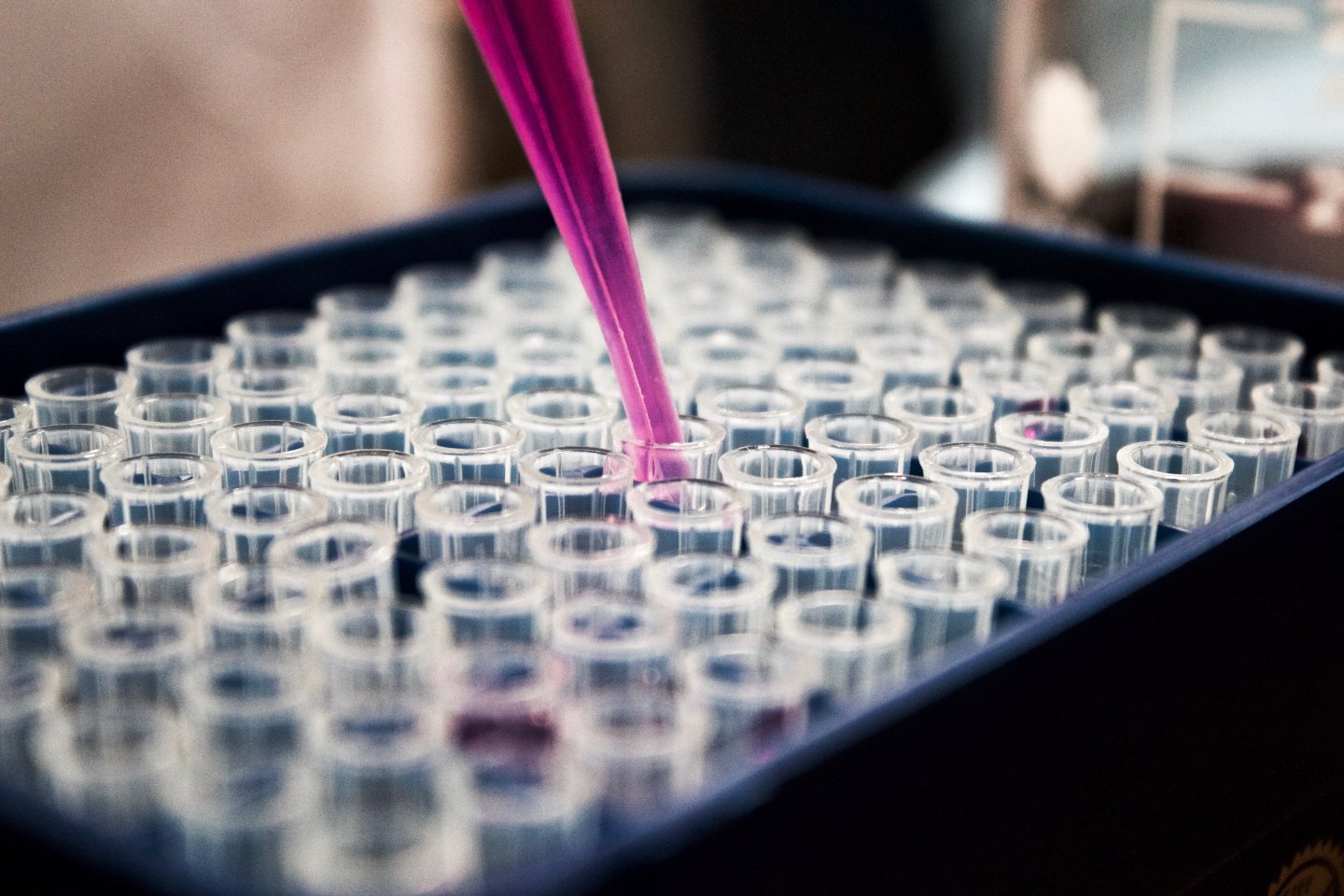Chimeric Therapeutics will showcase its cutting-edge cell therapy work before the world’s leading cancer specialists in the United States in June, joining a select cohort picked from more than 6500 entries. The Melbourne biotech will outline its new clinical trial, designed to test its potential treatment for brain cancer, at the annual meeting of the American Society of Clinical Oncology.


ASX-listed Chimeric Therapeutics will showcase its cutting-edge cell therapy work in front of the world’s leading cancer specialists in the United States in June, joining a select cohort picked from more than 6500 entries.
The Australian biotech will outline its new clinical trial, designed to test one of the most advanced proposed cancer treatments in its pipeline, at the annual meeting of the American Society of Clinical Oncology (ASCO).
The ASCO meeting is regarded as the most important gathering of cancer specialists in the world and will be held over five days at the event’s usual location in Chicago. Touted as the world’s biggest oncology gathering and attracting interest from across the globe, it last year boasted more than 42,000 attendees.
Chimeric will present on the design and objectives of its multi-site phase 1B trial of the CHM 1101 therapy for patients with recurrent or progressive glioblastoma (GBM) – an aggressive and fast-growing brain cancer.
The company regards its potential treatment, developed at the City of Hope cancer centre in Los Angeles, as a first-in-class and potentially best-in-class treatment for recurrent or progressive GBM. Its chief medical officer Dr Jason Litten has previously said: “It is exciting to see the progress on this potentially transformative new treatment for patients with highly aggressive brain tumours.”
CHM 1101’s potential and novelty are likely reasons Chimeric was chosen to present at the prestigious Chicago event.
Chimeric managing director and chief executive officer Jennifer Chow said: “This is a meeting where ground-breaking data and innovation is highlighted. I think our abstract was accepted because CHM 1101 is the type of innovative oncology therapy that ASCO and the scientific community is interested in.”
Ms Chow will attend the meeting where Dr Litten will make the presentation.
CHM 1101 employs a 36-amino acid peptide called chlorotoxin (CLTX), which is derived from deathstalker scorpion venom. CHM 1101 is also known as CLTX CAR T.
CAR T is a type of cell therapy where a patient’s T cells are reprogrammed in a laboratory to attack specific cancer cells and then returned into their body. It has been shown in preclinical models to bind more broadly and specifically to GBM cells than other cell treatments.
A phase 1A trial of CHM 1101 is currently underway. Chimeric aims to enrol between 18 and 36 patients suffering GBM across four dose levels.
Last month, management announced treatment had begun for its first brain cancer patient in the fourth dose cohort of the trial. It came hard on the heels of the successful completion of the third dose of the treatment, which was achieved without any toxic effects.
Chimeric has also previously said that positive data was returned from patients treated in its first two dose levels of the trial.
The company says CHM 1101 has been shown to target GBM cells better than other immunotherapy targets. The fact that it is already planning a phase 1B trial – expected to be held at different centres in different states across the US – before the phase 1A trial is complete, is a sign of the growing confidence the company has in the treatment’s potential.
And based on evidence of CLTX binding in other solid tumours, preclinical studies are now also examining CHM 1101’s potential in treating solid tumours such as melanoma, colorectal and prostate cancers.
Is your ASX-listed company doing something interesting? Contact: matt.birney@businessnews.com.au












